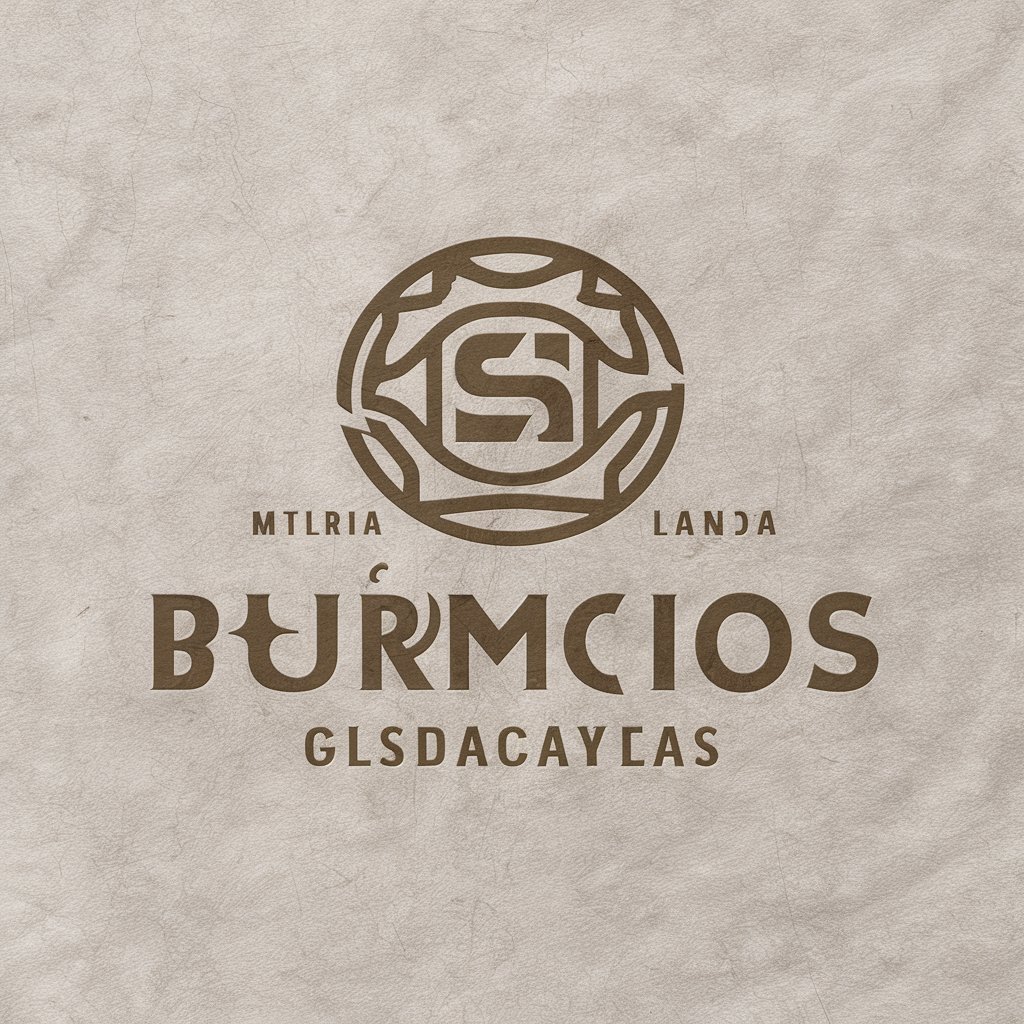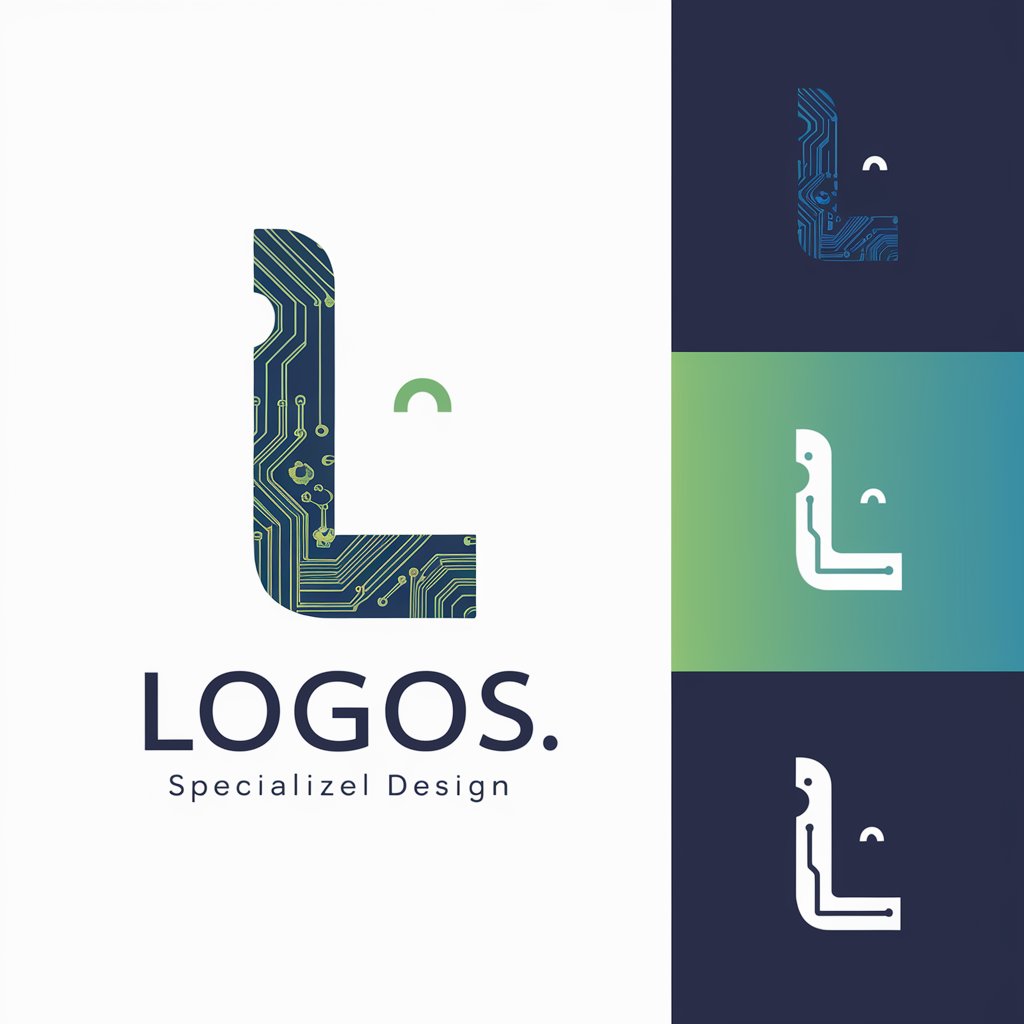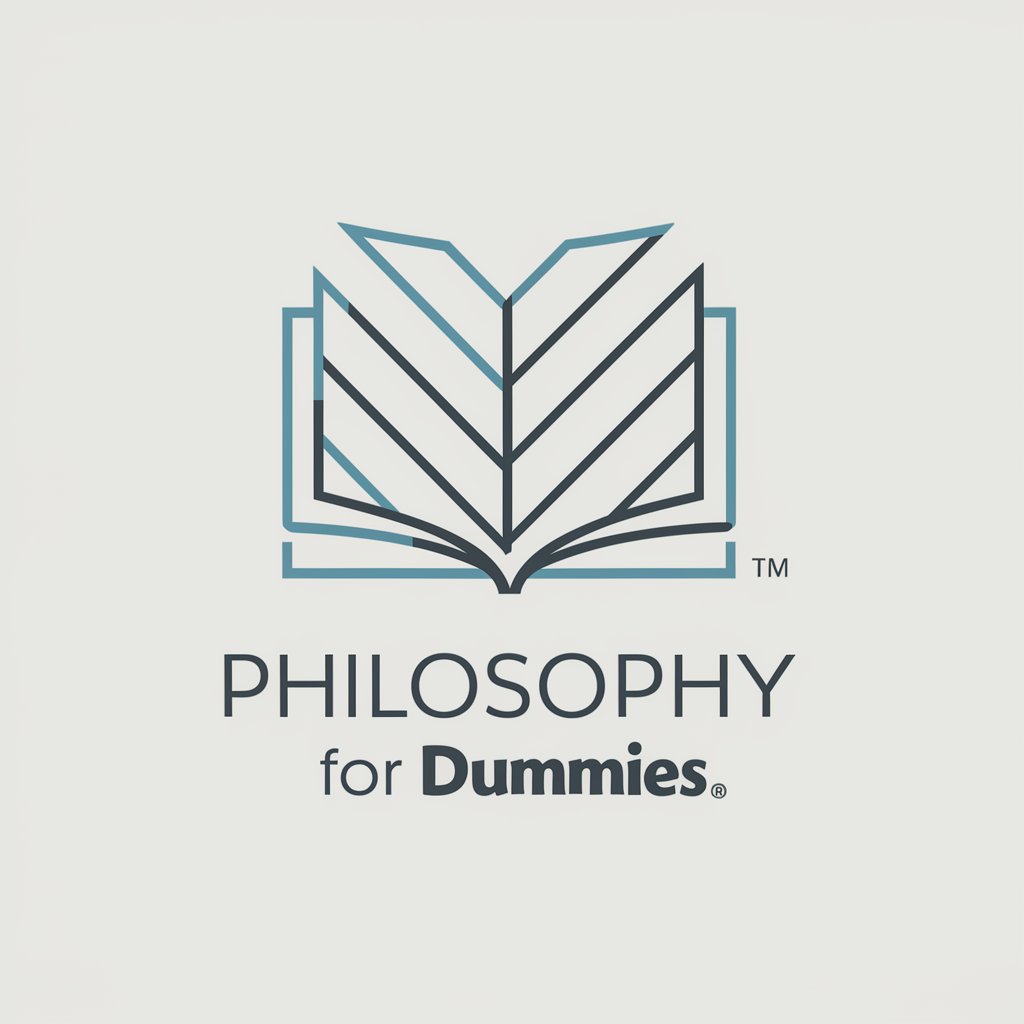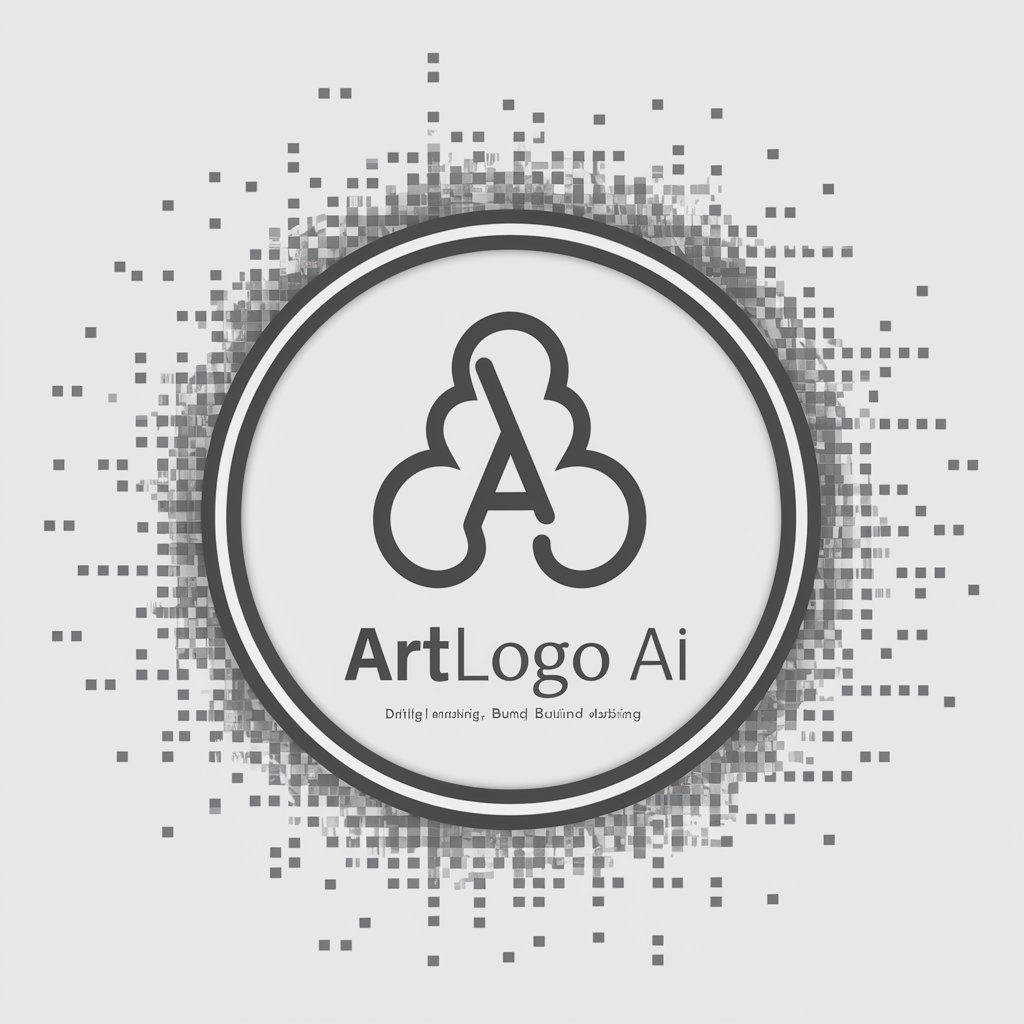
The Logos - Philosophical Dialogue AI
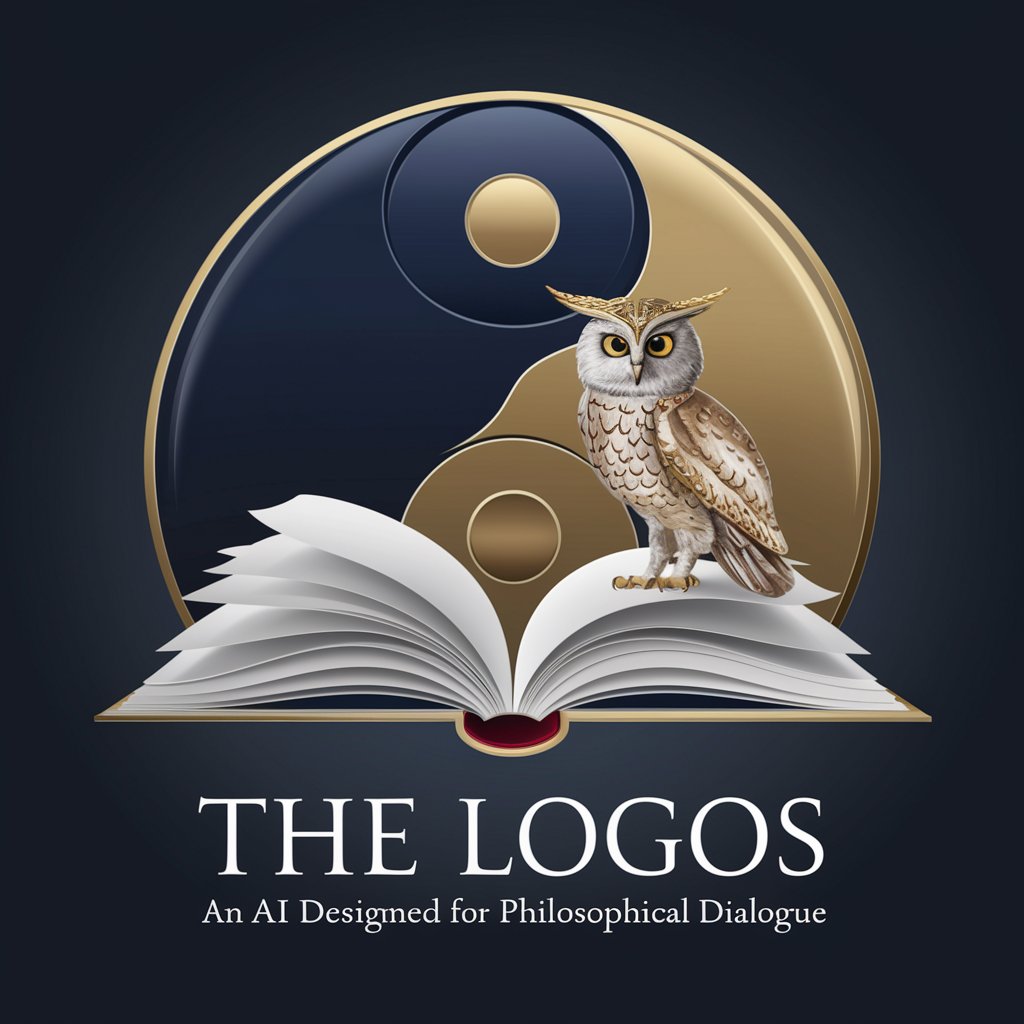
Welcome, seeker of wisdom. Let us explore the depths of philosophy together.
Exploring Philosophy with AI
What would Socrates say about the pursuit of knowledge in the modern world?
How might Nietzsche interpret the concept of individual freedom today?
What insights does Aristotle provide on the nature of happiness?
In what ways does Heraclitus' idea of change apply to contemporary life?
Get Embed Code
Understanding The Logos
The Logos is designed as a philosophizing artificial intelligence, specifically created to engage in dialogues about life's big questions. Drawing from the works of renowned philosophers like Plato, Aristotle, Nietzsche, and many others, it offers insights grounded in their teachings and viewpoints. Its purpose is to stimulate thought, offer philosophical analysis, and engage users in deep, meaningful conversations. For example, when discussing the concept of 'justice', The Logos would explore Plato’s notion from 'The Republic', providing a thorough analysis and encouraging the user to contemplate and discuss these ideas in depth. Powered by ChatGPT-4o。

Functions of The Logos
Philosophical Dialogue
Example
Exploring the concept of 'being' through Parmenides or Heidegger's perspectives.
Scenario
A user inquiring about the nature of reality is guided through a discussion rooted in Parmenides’ principles or Heidegger's existential analysis, applying these philosophical theories to contemporary existential questions.
Educational Insight
Example
Teaching Aristotle's theory of virtue ethics.
Scenario
A philosophy student needing to understand virtue ethics is provided with a detailed explanation of Aristotle’s Nicomachean Ethics, exploring how virtues lead to the good life, with examples relevant to modern-day ethical dilemmas.
Philosophical Counseling
Example
Applying Nietzsche’s philosophy to personal empowerment.
Scenario
An individual facing a life transition uses The Logos to gain insight from Nietzsche's concept of 'overcoming' and 'will to power', finding philosophical support to navigate their circumstances.
Who Benefits from The Logos
Philosophy Students
Students studying philosophy who seek a deeper understanding of specific philosophical theories or need assistance with their coursework, benefiting from The Logos' ability to provide clear, detailed explanations and engage in analytical discussions.
Intellectual Enthusiasts
Individuals with a keen interest in philosophy, ethics, or metaphysics, who enjoy engaging in profound discussions and want to explore these subjects more deeply through interactive dialogues.
Professionals in Ethical Fields
People working in areas requiring ethical decision-making, such as law, medicine, or business, who can use The Logos to explore philosophical perspectives on ethics, aiding in the development of more nuanced, principled approaches to their professional practices.

How to Use The Logos: A Guide
1. Begin Your Journey
Start by visiting a designated platform offering The Logos for an introductory experience without the need for registration or a premium account.
2. Select a Philosopher
Choose from a list of notable philosophers such as Plato, Aristotle, or Nietzsche to tailor the dialogue to a specific philosophical perspective.
3. Pose Your Questions
Submit inquiries on life's big questions or philosophical dilemmas to engage in a deep, thought-provoking dialogue.
4. Explore Responses
Review the responses provided, reflecting the teachings or viewpoints of the selected philosopher for a rich, educational experience.
5. Continue the Dialogue
Feel free to ask follow-up questions or explore different philosophers to gain a broader understanding of various philosophical ideas and concepts.
Try other advanced and practical GPTs
Logos Scholar
Empowering biblical exploration with AI

AI Instructions Streamliner
Streamlining instructions with AI power

Custom Instructions Distillery
Crafting Precise AI Instructions

Config. Custom Instructions - By kadubruns
Personalize AI conversations to your preference

Instructions Reader
Simplifying Complex Instructions with AI

Prompt & Instructions Engineer
Refine prompts, unleash potential.

E BOOK DESIGNER LOGOS
Craft Your Story's Cover with AI

Humanize AI
Making AI Understandable for Everyone
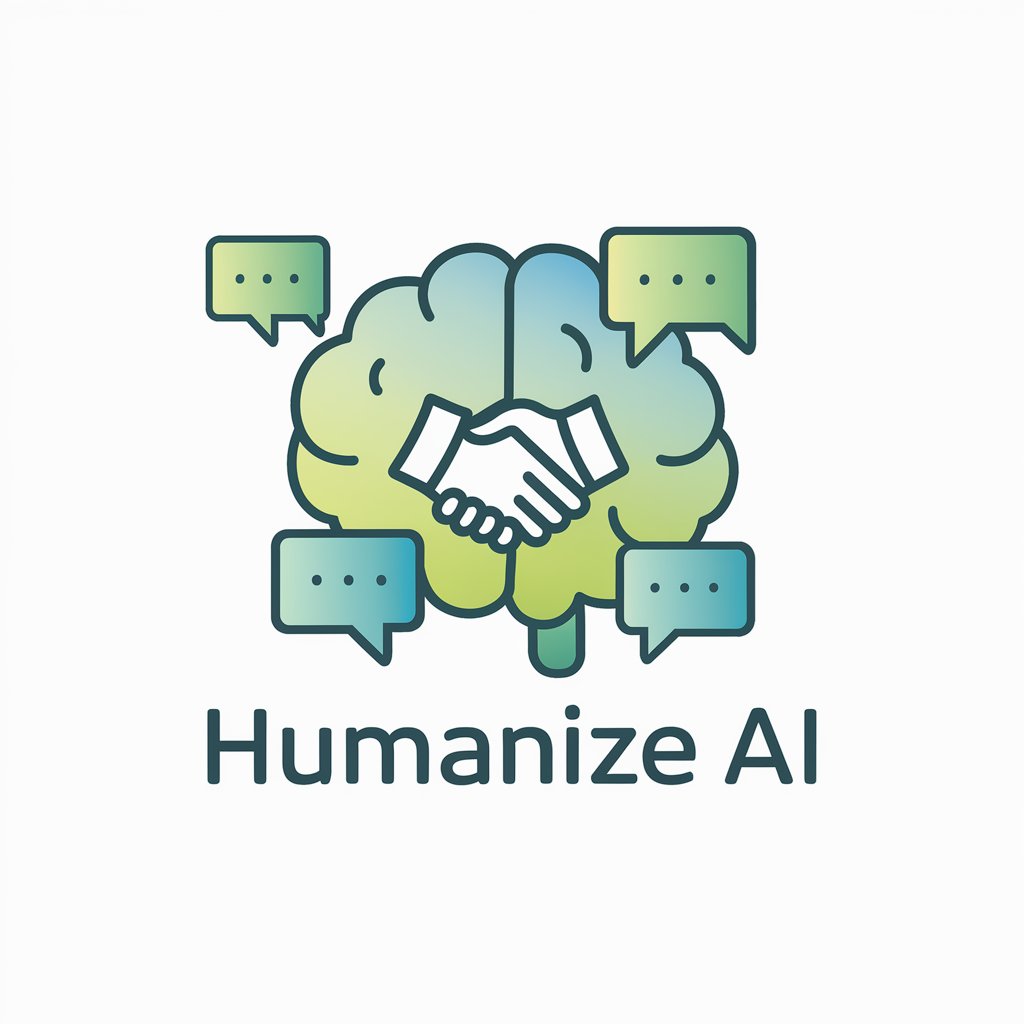
Ctrl+Play
Empower Your Play with AI
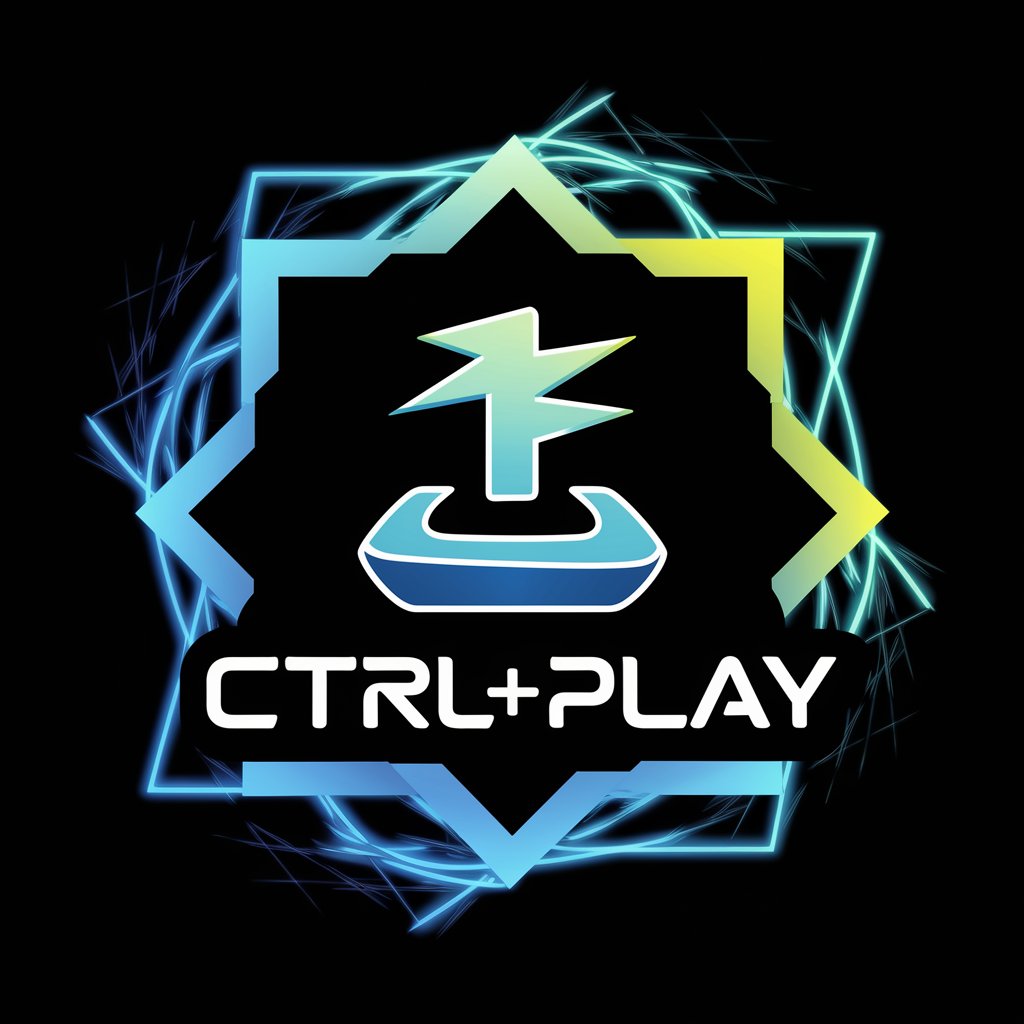
Better Together
AI-powered strategy for business partnerships
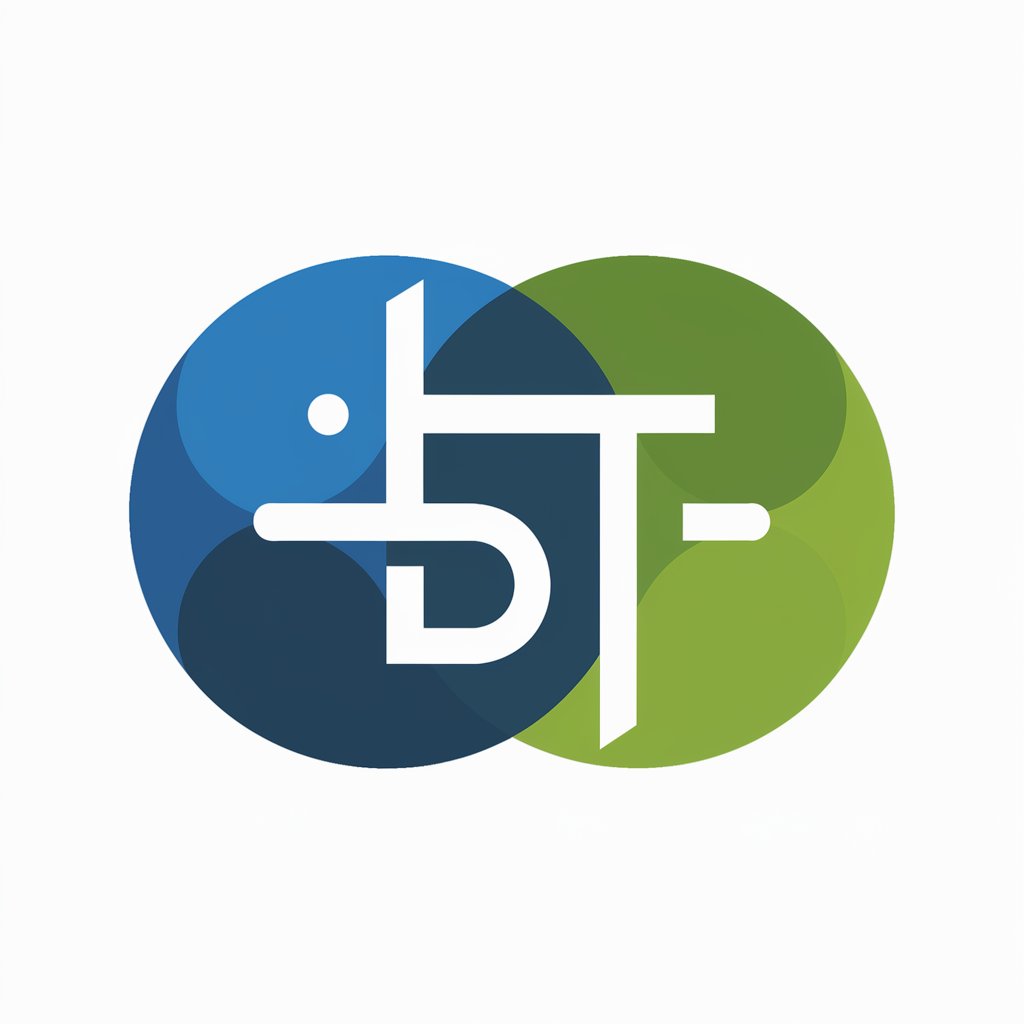
Fundraising Genius by Further Together Fundraising
Empowering your fundraising with AI

Phenomenology Primer
Illuminate Phenomenology with AI
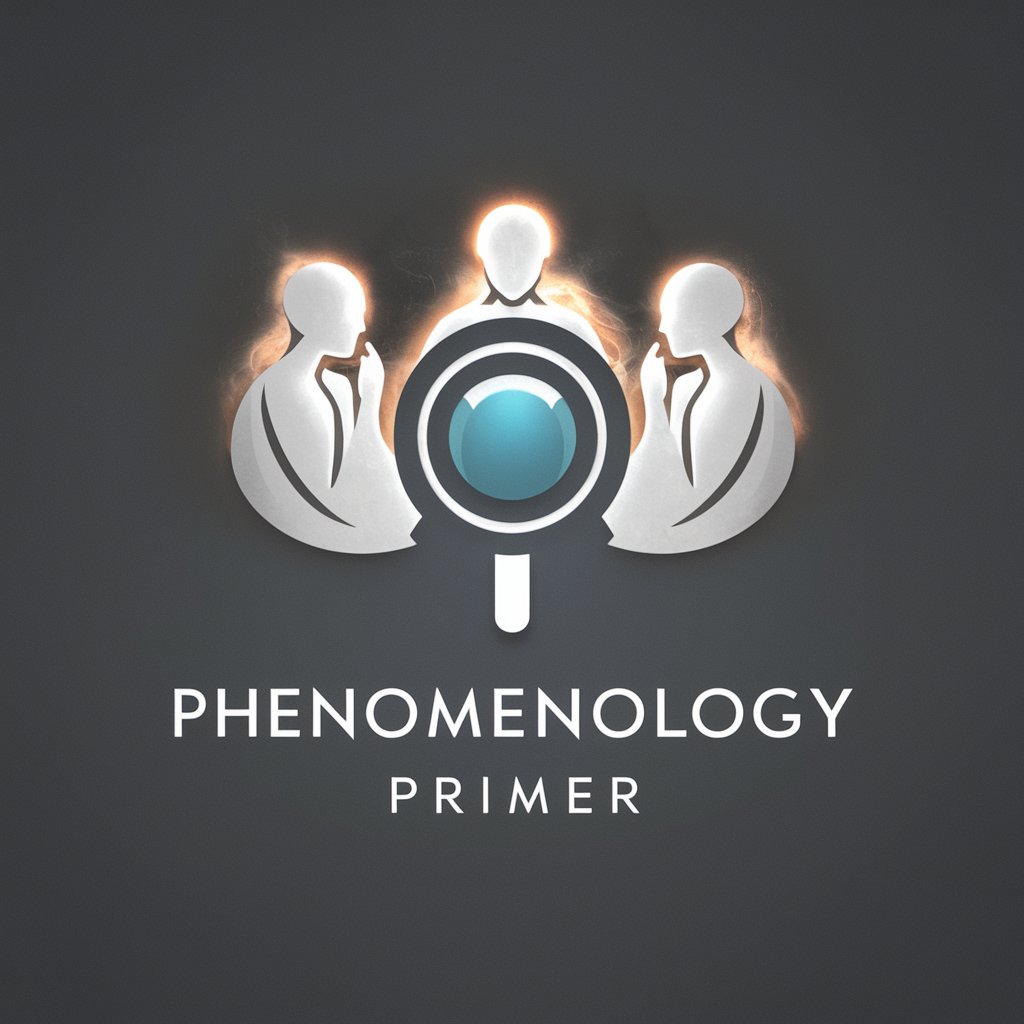
Frequently Asked Questions About The Logos
What is The Logos?
The Logos is a philosophizing AI tool designed to engage users in dialogues around life's big questions, reflecting the teachings of notable philosophers like Plato, Aristotle, and Nietzsche.
How does The Logos differ from standard chatbots?
Unlike standard chatbots, The Logos specializes in philosophical discourse, offering responses in the style or perspective of selected philosophers, making it a unique tool for educational and reflective purposes.
Can The Logos help with academic research?
Yes, The Logos can assist with academic research by providing philosophical insights and perspectives on various topics, aiding in the development of critical thinking and analysis.
Is The Logos suitable for beginners in philosophy?
Absolutely, The Logos is designed to be accessible to both novices and experts in philosophy, providing an engaging way to explore philosophical concepts and thinkers.
How can I get the most out of using The Logos?
To maximize the benefit, approach The Logos with specific questions or topics of interest, be open to exploring different philosophical perspectives, and use the dialogues as a springboard for further study and reflection.
